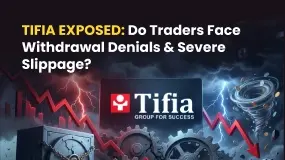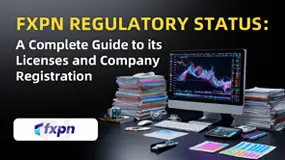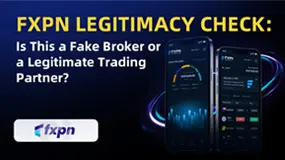Abstract:Which dealing models worked the best over time, and which model should a broker choose when entering the FX/CFD industry?

The retail FX/CFD industry has over two decades of history.
The market-making model still dominates.
The retail FX/CFD industry is more than 20 years old. While most of the well-known brands started out at the turn of the century, some were established even earlier. All of them started as ‘market makers’ creating markets for their own clients. Then industry became fascinated with STP models, no-dealing desk and ECN (Electronic Communication Network). So, where is the FX/CFD industry today?
At the beginning of 2022, we have an industry full of technology providers and different solutions. Setting up a brokerage is an easy task. Yet, at first, brokers did not have so many options to chose from. Initially, brokers, whether they wanted it or not, were organizing their operational side of the business according to a model which today is often referred to as ‘B-Book’(or market-making) all alone. The history of retail OTC trading starts with this model. But, the future was to bring another option.
As the FX/CFD industry grew, new forms of dealing desk organization appeared on the scene. We had both turnkey solutions as well as complex brokerage systems using several elements. But, real popularity was gained by the term ECN (electronic communication network). The idea of ECN was nothing new. It was already used on stock exchanges in the ‘1970s’. And, it was already known in the FX market in 1999. However, it was used mostly by banks and institutions.

The retail industry had to wait a few more years. For example, FXCM introduced a ‘Non-Dealing Desk’ model in 2009. As the broker explained at that time: “Every ‘No Dealing Desk’ trade is executed back to back with one of the world's premier banks or financial institutions, which compete to provide FXCM with bid and ask prices.”
The same year the first MT4 based ECN account was introduced by FX Open. What was revolutionary in ECN trading was the fact that simple retail traders could actually make trades against multiple sources of liquidity. The same thing happened in 2009 and in 2010 when the industry witnessed a massive explosion of ECN accounts and new brokers. But, did it change the game for retail traders as was hoped?
Damian Bunce, the Chief Trading Officer at Exness, summarized the benefits of the traditional Market-Making model for us this way: “We can design trading products and conditions that are more competitive than those available on the general market. We can protect against large price gap events which is a huge benefit to clients in very uncertain volatile markets. We can also prevent information leakage meaning there is no market impact, and since we create the market, our volumes available to trade at top of book are much larger than on exchange. So, for very large orders that would take out many levels in the order book our pricing for volume is better. A private liquidity venue removes signaling risk and information leakage which we know pervades the markets with small ‘top of book volumes’ where HFT strategies have speed advantage to capture liquidity.”











